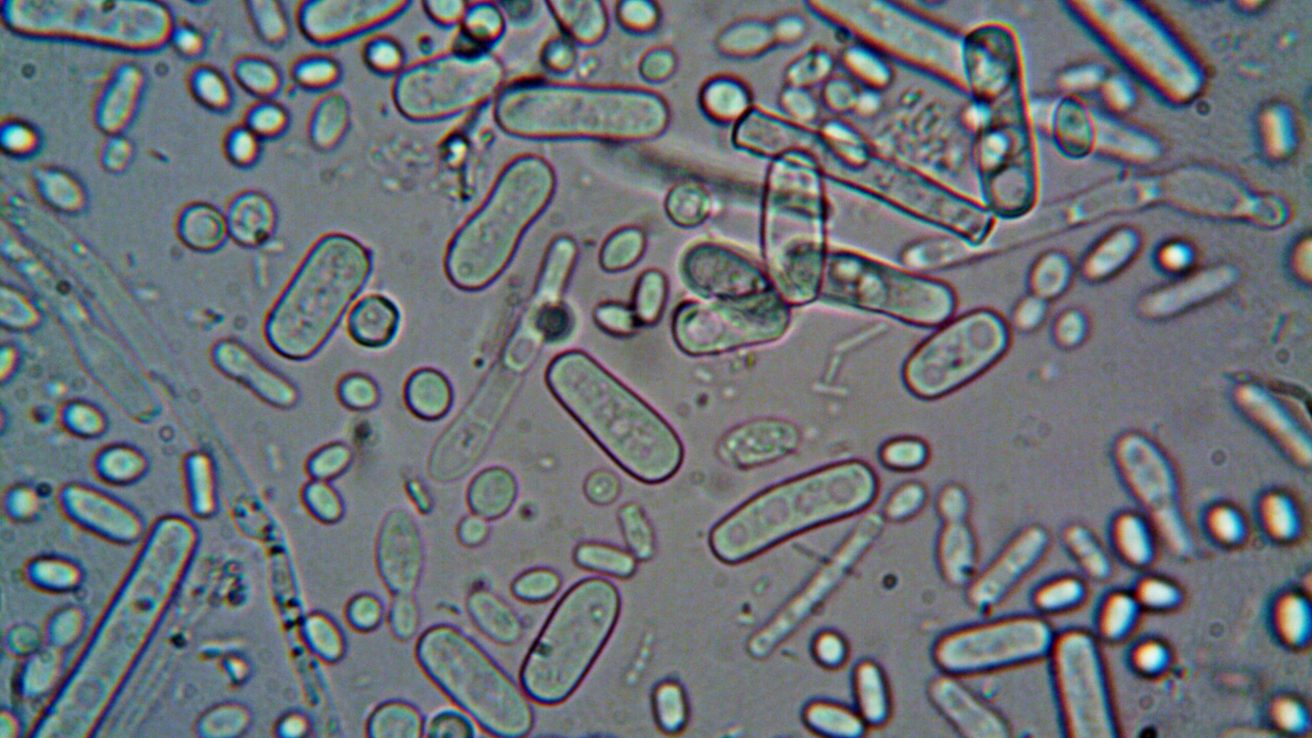MS involves the interaction between an aberrant immune response and predisposing genetic components. Gut microbiome dysbiosis leads to neuroinflammation and the development of MS symptoms. The gut microbiome is an effective therapeutic target for the treatment of MS.
Multiple sclerosis (MS) is a neurodegenerative immune-mediated disease with a complex etiological basis. The disease is a manifestation of the interaction between aberrant immune response and genetic susceptibility. The etiological factors may trigger, initiate, and maintain different MS phenotypes. MS pathogenesis is linked with neuroinflammation and axonal demyelination. MS phenotypes include relapse-remitting (RRMS), primary-progressive (PPMS), clinically isolated syndrome (CIS), and secondary progressive (SPMS). This study, published in Frontiers in Immunology, discusses the role of microbial molecules in the pathogenesis of MS and the importance of the gut microbiome as a therapeutic target for treating MS.
MS has a polygenic nature with a strong genetic component that includes human leukocyte antigen (HLA) genes class II, specifically the DRB1* 15:01 allele on chromosome 6p21. The genetic risk in MS is associated with aberrant immune signaling pathways. MS involves an imbalance between T helper (Th) and T regulatory (Treg) cells. Impaired immune mechanisms lead to lesions in the central nervous system (CNS) and disrupt the blood-brain barrier (BBB). Gut microbiome dysbiosis contributes to the development of MS in genetically susceptible individuals via molecular mimicry of microbial peptides. Microbiome-produced metabolites can serve as biomarkers. These metabolites influence neuroinflammation in the brain, intestinal barrier integrity, and immune tolerance.
A leaky gut allows the gut microbiome to disseminate to distal organs, facilitating the immune system’s exposure to bacteria. The barrier disruption also results in dysbiosis. Improving the integrity of the intestinal barrier can serve as an effective treatment option for MS. The gut microbiome is integral to immunologic tolerance. Aberrant immune responses are associated with molecular mimicry or the metabolites derived from the gut microbiome. The gut microbiome releases anti-inflammatory metabolites. However, in MS these anti-inflammatory metabolites are reduced, resulting in the development of an inflammatory state.
References
Elsayed, N. S., Aston, P., Bayanagari, V. R., & Shukla, S. K. (2022). The gut microbiome molecular mimicry piece in the multiple sclerosis puzzle. Front Immunol, 13, 972160. https://doi.org/10.3389/fimmu.2022.972160









